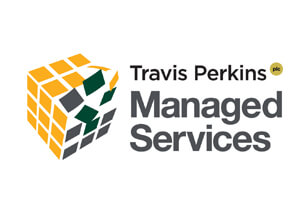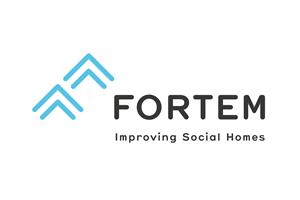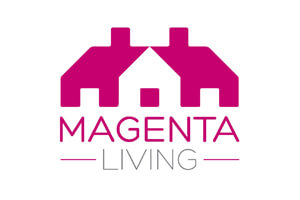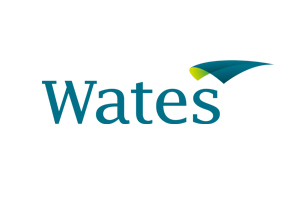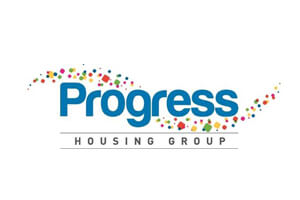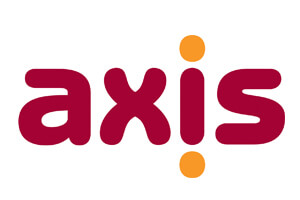‘Regulation Ready’ AMIP Meeting at WWT London Wetland Centre
September 2023’s AMIP meeting ‘Regulation Ready’ took place at WWT London Wetland Centre and explored the most important upcoming legislation changes, including the Procurement Bill, the Building Safety Act and the Social Housing (Regulation) Act.
Procurement Bill – Kris Kelliher, Devonshires and Rebecca Rees, Trowers and Hamlins
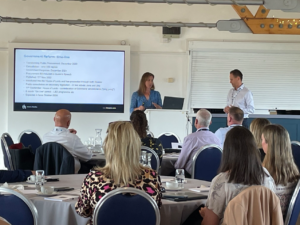
The day was split into four sessions with Kris Kelliher, Partner at Devonshires LLP, and Rebecca Rees, Partner and Director of Public Procurement at Trowers and Hamlins, leading the first which focused on the Procurement Bill expected to come into force in October 2024.
Rebecca introduced the government’s post-Brexit initiative to transform public procurement with three main goals – commercialisation, simplification, and the inclusion of SMEs. She emphasised that although significant changes are expected, support and guidance will be available to organisations during the transitional period.
Kris continued the session with a discussion around the grounds for supplier exclusion, framework agreements and Dynamic Markets, which are set to replace Dynamic Purchasing Systems. He talked attendees through proposed changes to framework agreements, including the addition of an open framework, and explained some of the grounds for exclusion included in the new bill.
Discretionary exclusion grounds are limited to last three years, explained Kris, and suppliers must be given the opportunity to ‘self-clean’.
Holly Watson, Frankham Risk Management Services
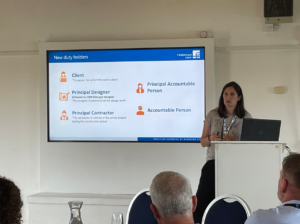
Session two: “Building Safety Act” was led by Holly Watson, Head of CDM, Principal Designer & OHS Consultancy at Frankham Risk Management Services. Holly gave attendees a comprehensive overview of the Building Safety Act 2022, focusing specifically on high-risk buildings and the rules for named duty holders.
Holly explained that the Building Safety Act will impact everyone in the construction sector, and detailed how it has transformed the law relating to the design and construction of all buildings, including refurbishment.
Holly gave delegates a closer look at the regulations surrounding higher risk occupied buildings and explained that these buildings will need to be registered by no later than October 2023.
Landlords may ask other organisations to register buildings on their behalf, but as Holly explained, written permission must be given in advance. Those who fall short of the requirements may end up on bad footing with the regulator, so time is of the essence.
Caritas Charles, Tpas
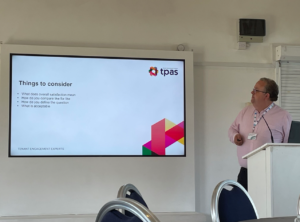
Caritas Charles, Policy and Insight Officer at Tpas England, delivered the third session: “Tenant Satisfaction Measures”.
As Caritas explained, safety is now at the heart of Tenant Satisfaction Measures (TSMs). Caritas gave attendees an overview of the proposed TSMs, which are now a part of the Social Housing (Regulation) Act, and explained the key measures introduced to speed up the complaints process.
‘Consumer Standards’ are now treated with the same merit as the financial stability of an organisation, which prompted Caritas to urge all organisations to take a closer look at how they are collating and utilising their customer feedback and data. Anecdotal evidence will now be considered alongside officially recorded views which will give organisations much to think about – especially as all tenant satisfaction levels will now be published.
Donna McCarthy, Devonshires
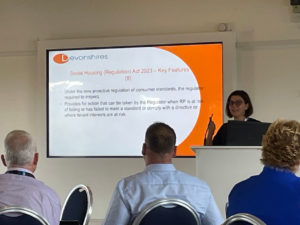
The fourth and final session “Social Housing (Regulation) Act” was delivered by Donna McCarthy, Partner at Devonshires LLP.
Donna walked delegates through a thorough examination of the Social Housing (Regulation) Act 2023 which was given royal assent this July. Although much of the act won’t come into effect until 1st April 2024, at the same time as the proposed Consumer Standards, it’s imperative that everyone in the sector familiarises themselves with the intricacies as soon as possible.
Donna explained the key features of the act, which promotes transparency and will be supported by the Code of Practice, and emphasised how cooperation and collaboration will be at its core. Rather than fixed timescales for works and services, there is a greater expectation for provision to be nuanced, with meaningful provisions that can respond to individual needs. She also explained that the act will allow regulators to set the standard for the competency and conduct of housing providers, and regulators will have the power to enter properties to conduct surveys.
Donna provided an overview of the process of consultation for the draft Consumer Standards and explained that the Code of Practice will be published alongside the final Consumer Standards. All social housing landlords should aim to participate in the consultation period which ends on 17th October 2023.
Not an AMIP member?
For more information on membership and how you can access the quarterly meetings, please email: AMIP@echelonip.co.uk













